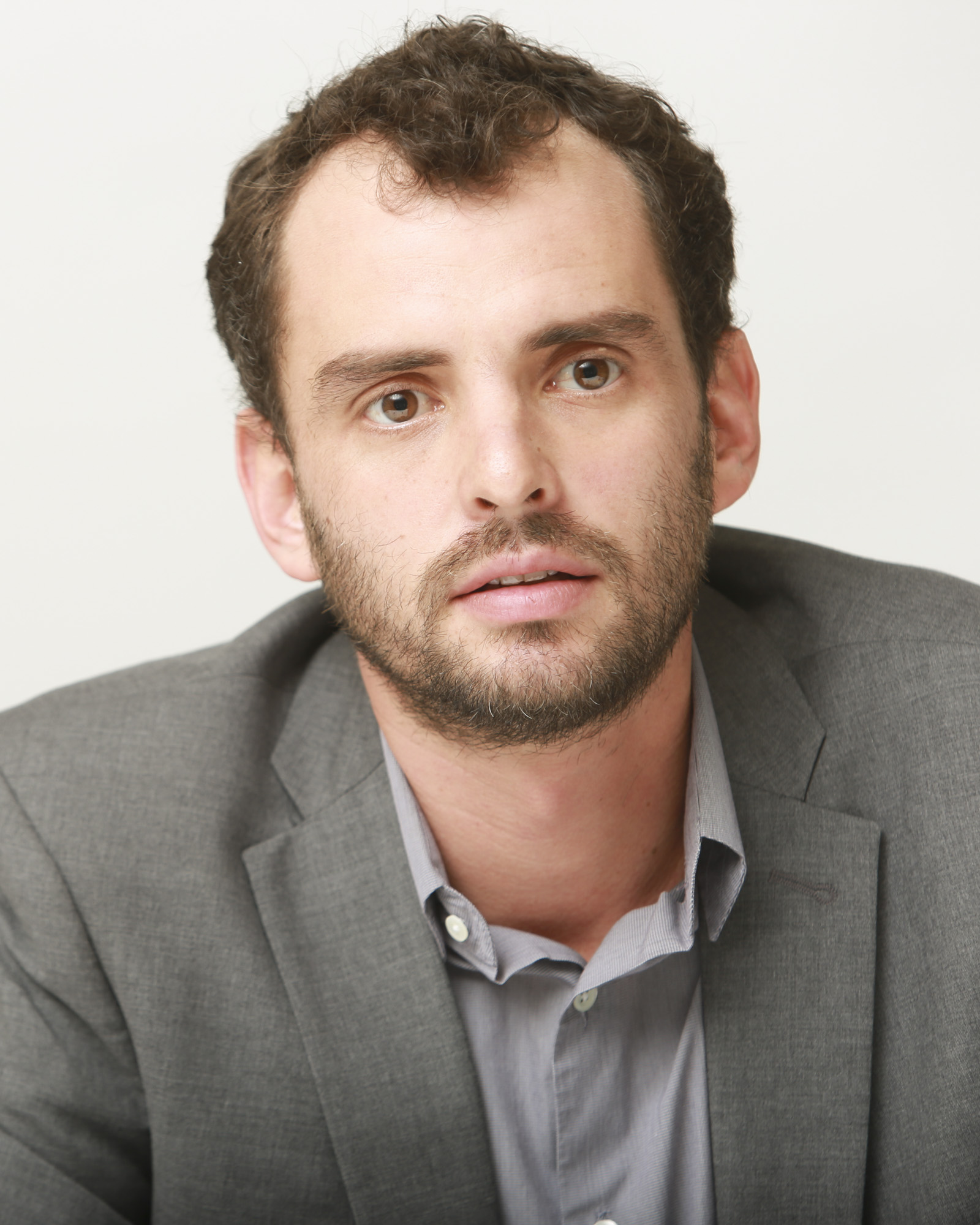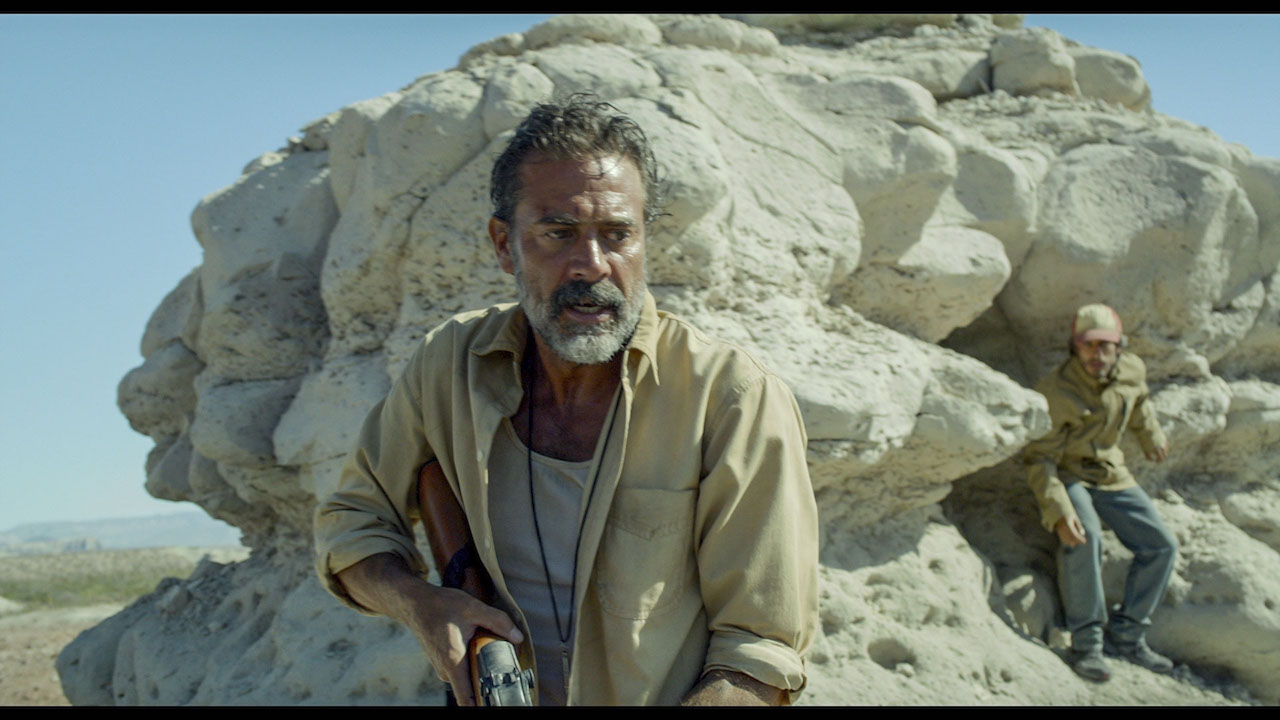
- Interviews
Jonás Cuarón: Desierto Is The Down To Earth Version Of Gravity
Few know that Alfonso Cuarón's Gravity began as a screenplay written by his son Jonás years before. Jonás’ idea was so enticing that Cuaron decided to take on the ambitious project, with his son as a co-writer. The positive response to Gravity (including four Golden Globe nominations and a win for Alfonso Cuaron as best director) opened doors to Jonás’ original project- titled Desierto, the film opens in North America on October 14th. An intense thriller that will surely keep viewers on the edge of their seats, Desierto shows what happens when a lone vigilante (Jeffrey Dean Morgan) decides to protect the US border on his own, turning a group of migrants – Gael García Bernal, Alondra Hidalgo and Jonás’ half-brother Diego Cataño (known for his work on Narcos as La Quica) – into targets for a relentless manhunt.
Even though you started working on this project years ago, couldn’t this film be seen as a metaphor for what's actually happening in our country today?
I sadly started working on this project 10 years ago. The topic began to interest me when I was travelling around Arizona with my brother and the U.S. was beginning to enforce its anti-Immigration laws. We were already beginning to see this hateful rhetoric being used against immigrants in the state. It took me a long time to finish this project, it even took me a while to find the best angle from which to tackle this issue. Halfway through Gravity happened and during all that time Gael would mock me by saying “you’re taking so long that by the time you finish this subject won't be relevant anymore.” The sad thing was that a couple of months before the film was shown in Toronto, my wife showed me a video where Donald Trump announced his candidacy for president, and he did it with a such a rhetoric that hatefully insulted the mexican people. Disgusted, I realized the film was not only still relevant, but that it was more relevant than ever.
I assume that before making the film you had a great deal of respect for immigrants crossing the border, has your respect towards them increased after bringing this film to life?
Respect, definitely. Desierto was an experience. I wanted to talk about this issue through a genre film because I didn't want to connect this with the public in an intellectual way, through speeches or monologues like in a debate. I wanted this message to hit right in the gut. The events that unfold in the film are terrifying in themselves, but the sad part is that they are nothing compared to what happens in real life. So yeah, after all this work, after seeing experiencing the desert heat first hand, I've gained respect for them, because obviously, we were experienced these conditions, but with a team, and with constant supervision.

Jeffrey Dean Morgan and Gael Garcia Bernal in a scene from Desierto (dir. Jonás Cuaron, 2015)
STX Entertainment
Gael had crossed the border once before as part of a documentary. What kind of research did you do for your film?
Since I went on that trip to Arizona with my brother I began listening to stories, I did bibliographic research through books, I watched documentaries. It was during that process I realized that yeah I was really interested in working with Gael, because he’s an actor that I really admire. While doing that research I actually ended up watching a lot of documentaries which Gael produced, directed, and as you said, even starred in one in which he made the passage from Mexico to the U.S. that all immigrants have to go through. In that sense I felt that he could bring more to the table than just his acting, for one he was someone who was already closely associated to the topic, and secondly when it came to actual development of the project, Gael himself heavily contributed to the research process.
With a father who's obsessed with film, was it inevitable that you’d eventually follow in his footsteps?
Honestly, I’d never thought I would be following his footsteps. Obviously I was surrounded by film my whole life, but I always had that intuition to be a writer, and it wasn't until I went to college and met my girlfriend, now wife, that that all changed. She studied art history and she was a big fan of film. She made me watch all the movies I’d already seen with my dad, but I suppose that when you’re watching with your girlfriend you pay more attention…. It was when she started showing me all these films and I wanted to be able to flirt with her that I started directing a couple of shorts and I realized that the cinematographic language was very interesting and I was interested in telling stories.
Both Desierto and Gravity are genre films. Yet they’re on a whole another level, they’re really well made….
When my wife started teaching me about film, what caught my eye was the fact that she was using very modern language, it's basically a little over a hundred years old, from which there’s a lot to explore. So for example in Año uña I wanted to show that even with a still image you could still tell an entertaining and compelling story to your audience, and with Gravity and Desierto, I wanted to show that Genre films, from action to horror, don’t need to be superficial. I was always a big fan of the genre films from the 70’s, they were very subversive. Full of films with political messages what were disguised as mere genre films.
Watch our exclusive interview with Jonás Cuaron and Gael Garcia Bernal.

